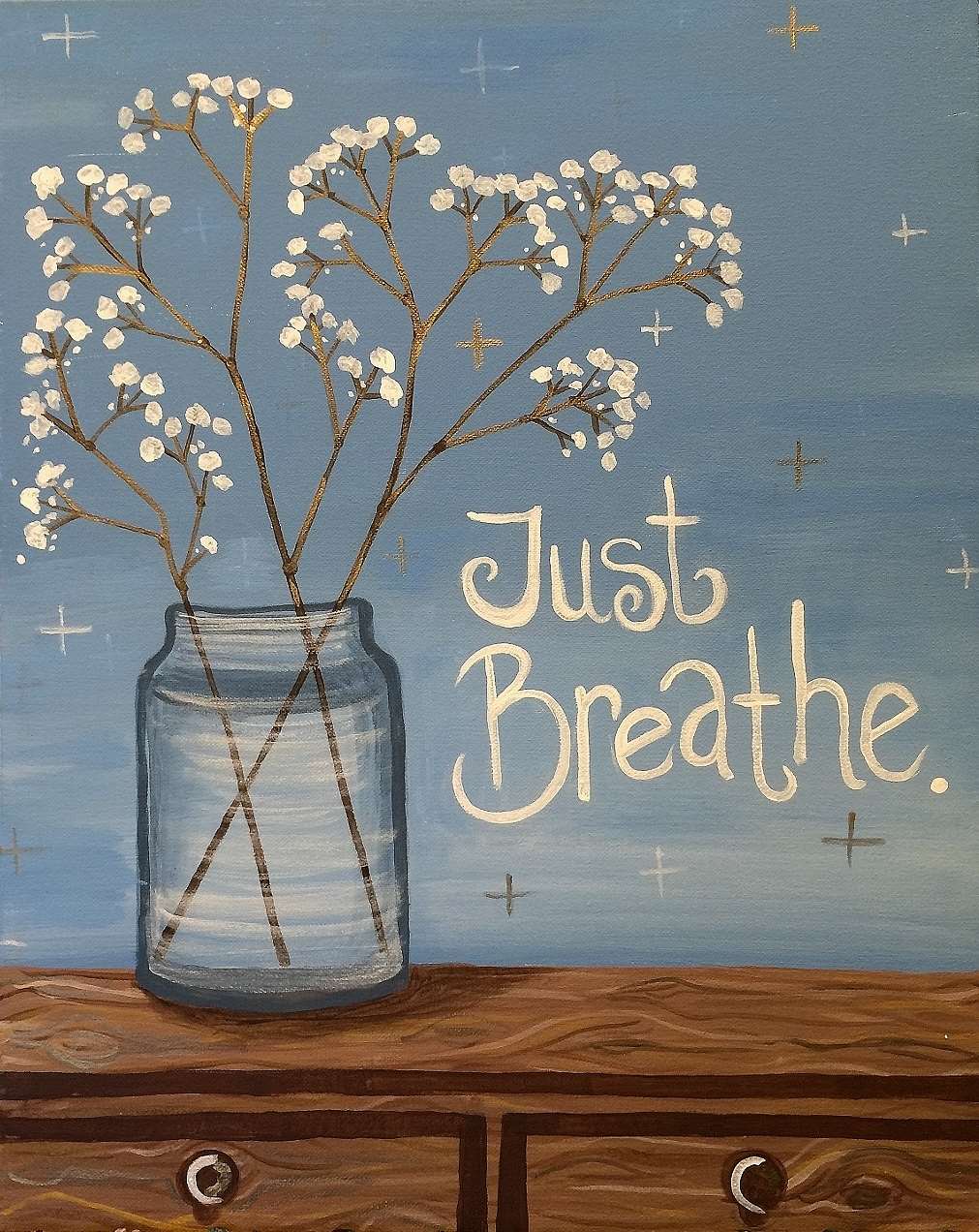
Just Breathe
Written by Clinical Intern Nichole Dabrowski
I am sure someone has told you to “just breathe”—but what does that mean? Maybe you’ve heard about deep breathing. What is that supposed to do for us, anyway?The breath is an amazing part of being alive. It’s a tool that our bodies use to take in oxygen. As a side gig, our breath also warns our bodies of danger. Incredibly enough, the breath also serves to tell us when it’s safe. You heard that right!Our brains have a very old mechanism designed to help us flee danger, like when we are being chased by a bear in the woods. Our brain activates the release of chemicals that get into our bloodstream. These chemicals speed up our heart beat and make us breathe faster. This is so our body and organs receive the most oxygen they can possibly get—so we can continue running away. This part of our brain can be activated by other traumatic events. Our brain is so smart and good at protecting us, that sometimes it doesn’t turn off the alarm even when we are safe, even weeks, months, or years after the event. This can cause random or triggered moments of panic that make us breathe fast and our heart beat out of our chest. Our brain thinks we are in danger.The breath is controlled by our lungs and the muscle that operates the lungs—the diaphragm. This muscle has a nerve that runs through it called the vagus nerve. When you take a deep breath, the muscle expands and stimulates the nerve. When the vagus nerve is stimulated, our heart rate and breathing rate begin to decrease. This helps us feel calmer and more grounded. It’s why your counselor might have brought up deep breathing before . It’s a reliable, accessible, and affordable way to enable your own security system—wherever, whenever.To practice deep breathing, place your hand on your belly. When you take a breath in, you should feel your belly push your hand out. If only your chest is rising, try shifting where you breathe into to deeper in your belly. Practice inhaling for 3 seconds and exhaling for 3 seconds. How does this feel? Over time it will become second nature and you might find yourself deep breathing in panic moments before you even realize it.
If you would like to learn more about how to understand and work with your emotions, reach out to Owens & Associates at (847)854-4333 for a free 15-minute consultation.
